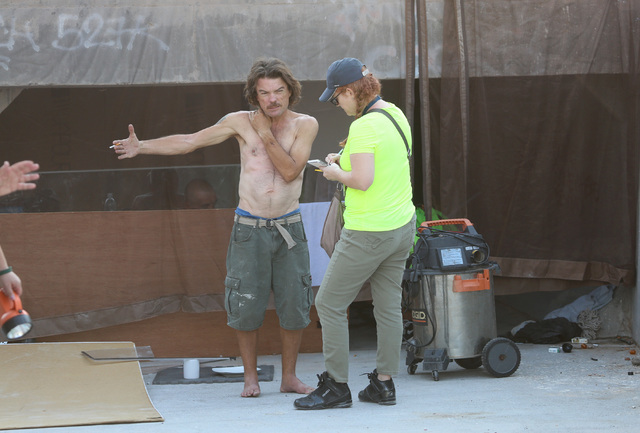Receiving a degree in social work in Nevada requires extra schooling
When Lois (not her real name) moved here from California, she expected to get a therapist’s license with no problem. After all, she had a master’s degree in marriage family therapy (MFT) and art therapy.
But the board denied her application. She needed more training to practice in Nevada.
So Lois found work at an agency that provides mental health services for Medicaid patients, a starting position that labels her a trainee.
“I’m grateful for the job … (but) it pays a whopping $12 an hour with benefits,” she said. “I think baristas at Starbucks make more.”
The Nevada Board of Examiners handles marriage and family therapy and clinical professional counseling. It receives about 100 applications a year with as many as 70 percent approved, said Quinn Kennedy, interim executive director.
“Some applicants get their items in, and they are licensed within three months,” she said, “and other people are still waiting after a year. …We have to have certain documents in order for them to move forward.”
UNLV offers four-year degrees in several mental health-related fields: nursing, psychology, social work, marriage and family therapy, clinical mental health counseling (requires a master’s degree), and school counseling, which also requires a master’s. CSN offers applied psychology, mental health services, and applied psychology — mental health services. For an idea of what jobs pay, visit the Bureau of Labor Statistics at bls.gov/oes/current/oes_nv.htm#31-0000.
Craig Carlton, director of the UNLV School of Social Work and program supervisor for the MFT program, noted that those who earn a bachelor’s degree can apply and become a licensed social worker (LSW). An LSW is qualified to do basic case management, child welfare work and work at home care agencies, jobs that do not include psychotherapy and counseling.
For mental health counseling and therapy, one needs to earn a master’s degree in social work, which includes 600 hours at field practicum sites in the second year of study. After earning a master’s, one must have 3,000 hours of supervision by a licensed clinical social worker (LCSW), take the Association of Social Work Boards’ exam and receive licensure.
Carlton said that post-degree supervision is vital.
“You really need the experience and the hands-on time required after getting your degree,” he said.
He is new to Nevada and has yet to supervise in the state, but Carlton is a licensed clinical social worker in North Carolina with supervisory credentials.
“As a supervisor,” he said, “the best thing you can do with a supervisee is to help them understand their own biases and issues that may trigger them or bother them where they may have a transference reaction.”
Christopher A. Kearney, Ph.D., is a clinical psychologist and the chairman of the UNLV Department of Psychology.
“I tell incoming students that social skill and respect for clients’ problems is a strong foundation for conducting therapy in addition to the formal therapeutic techniques,” Kearney said. “The students have to be skilled in the techniques but must also interact ethically and empathically with their clients.”
It’s important to note that a psychiatrist is a medical doctor who can prescribe medication, whereas a clinical psychologist is trained in assessment and intervention strategies for mental health problems.
According to the Substance Abuse and Mental Health Services Administration Suicide Prevention Resource Center, Nevada averages one suicide a day; is ranked No. 1 for suicides among seniors; is 50th for mental health spending per capita; and lists 98,000 residents who suffer from severe mental illness.
Visit samhsa.gov/suicide-prevention.
To reach Summerlin Area View reporter Jan Hogan, email jhogan@viewnews.com or call 702-387-2949.




























